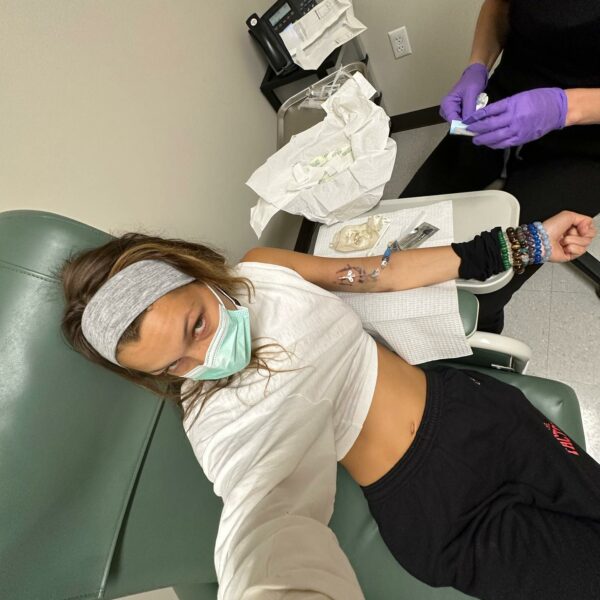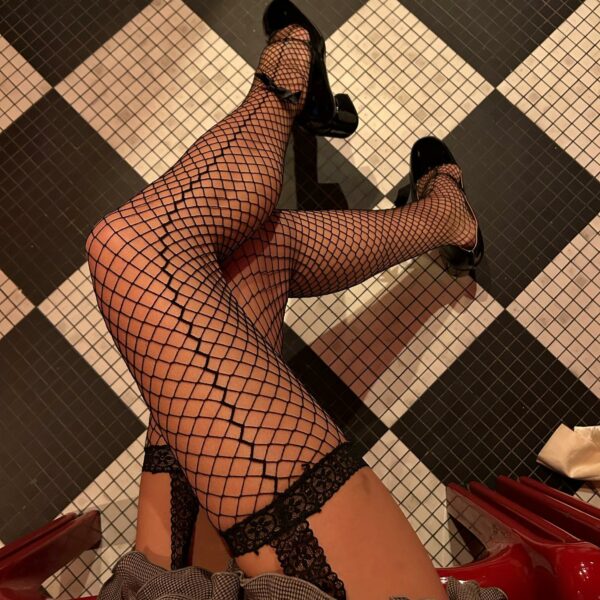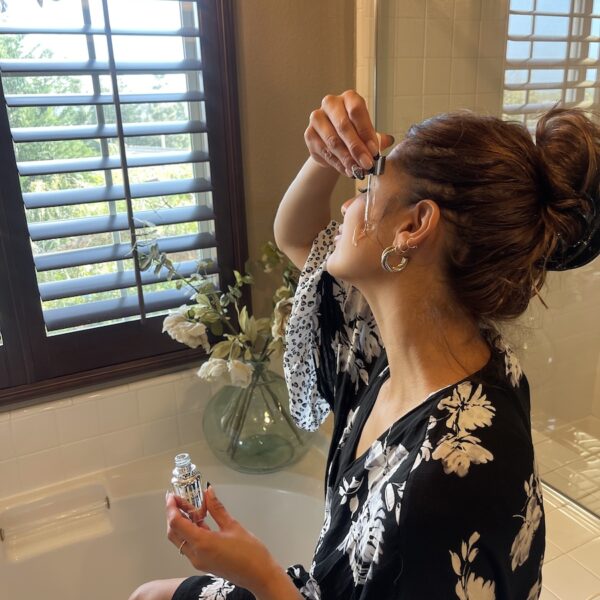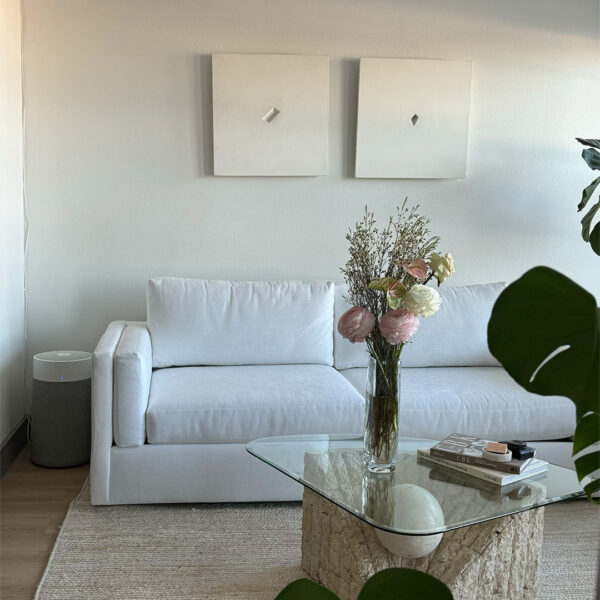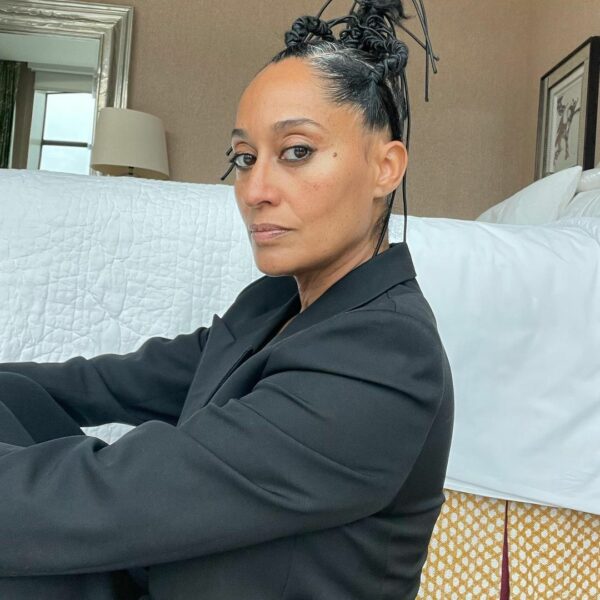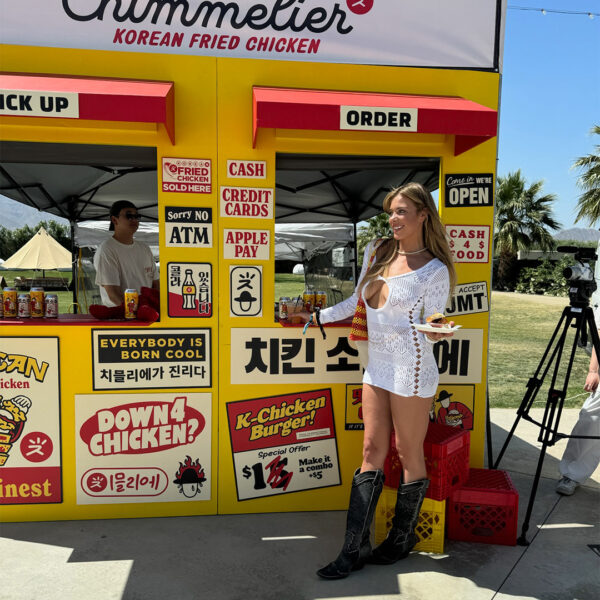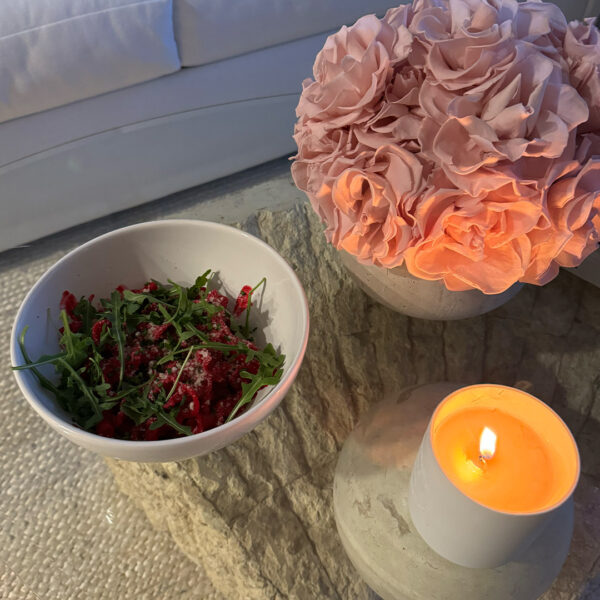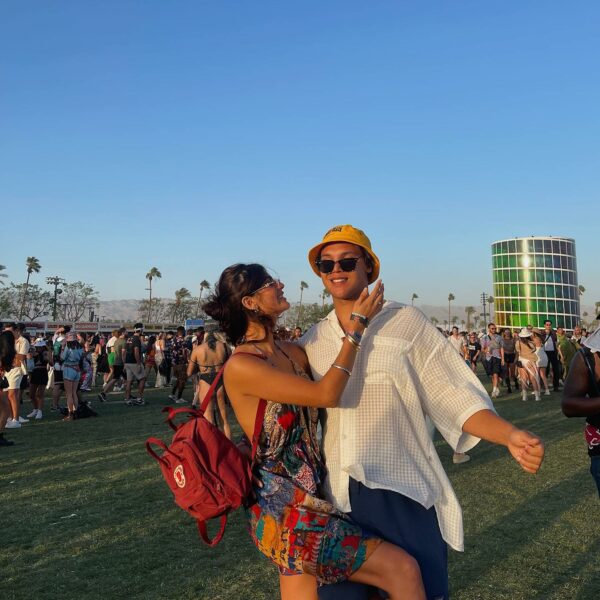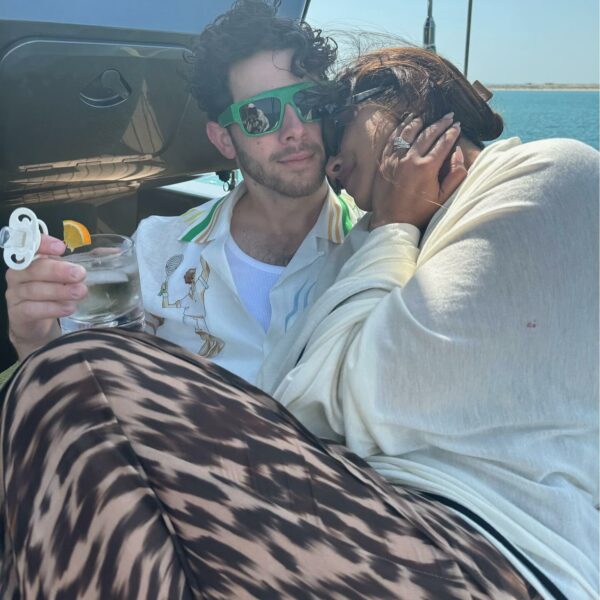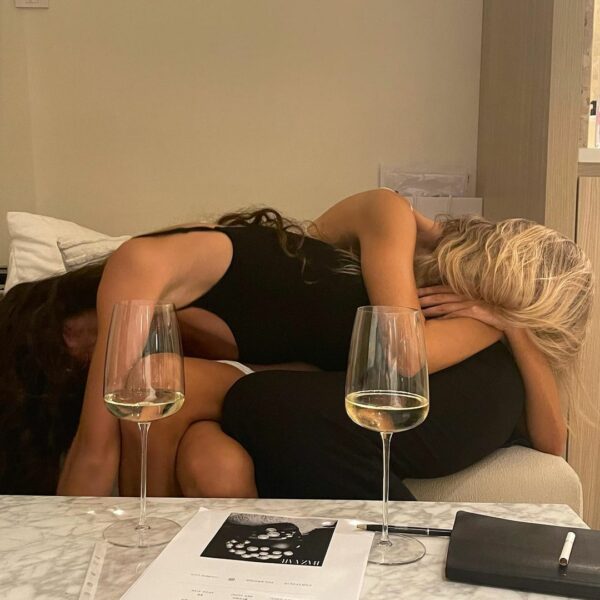I’m a heartbreak coach.
Holding space for women’s shame and gut-wrenching pain is my jam.
I love going to uncomfortable places in their hearts, so we can transform their BS story of unworthiness to one of unabashed self-love, regardless of who stays or goes.
As for my friendships, I find the most enriching and deep ones entail similar conversations. I choose the messy, honest, raw, and refreshingly authentic connections over surface-level, ALWAYS …
Or at least, that’s what I thought I chose, up until the recent killings of Ahmaud Arbery, George Floyd, and Breonna Taylor, among countless others, sparked a new level of the Black Lives Matter movement, opening my eyes to all the ways I’ve chosen to turn a blind eye on the racism crisis I now recognize I’ve contributed to, my whole life.
This realization felt extra personal and shameful in regards to one of my closest friends I consider family, who is Black.
Her name is Aisha.
Hands down, Aisha was THE person who inspired me to embark on a soul-searching journey, as I navigated through the first gut-wrenching heartbreak of my life, under the same roof as her.
Her generosity, patience, wisdom, heart, and humor were beyond measure, as she too was moving through heartache, which I now understand wasn’t just romance-related.
In the 11 years I’ve known her (three of which we lived together), we’ve laughed and cried about our love lives, physical health issues, politics, careers, family stuff, and friendship challenges, and spent way too many hours for our emotional well-being psychoanalyzing every cast member of The Bachelor, Bachelorette, and of course, Bachelor in Paradise.
But one topic we never discussed was her experience living as a Black woman in this country, and it’s not like she didn’t attempt to try.
Now, before I go any further, I want to address the elephant in the room, being that I’m yet another white privileged woman taking up space on the internet, discussing the BLM movement.
When I had the honor of Poosh asking me to write about this, I immediately thought, “I’m gonna do it wrong, and people will see how I still don’t get it.”
What I came to was this:
I KNOW I still don’t get it, but I’d rather share my experience being messy and wrong in the tiny bit of growth and perspective I have gained, if it means I’ve inspired ONE white person to reach out to the Black people she loves (if she hasn’t already) to tell them she’s sorry she never addressed it, or dismissed their desire to talk about it, and that she hears and sees them NOW, and is willing to learn and do better NOW.
And if you don’t have BIPOC in your life currently, get out there and vote in their favor, sign petitions, educate yourself and your children further, support Black-owned businesses, and make donations to the plethora of foundations that need your generosity.
(A personal favorite is the Loveland Foundation, which supports Black women and young girls’ mental health.)
I assure you I don’t sit here all high and mighty as some newly woke white person after a mere month of paying more attention to the ugly truth that is systemic racism in our country today.
I’m barely scratching the surface and understand I’ll never fully fathom what it feels like to worry about my boyfriend or brother getting killed for a traffic violation or going on a jog.
But I now see how this inability to comprehend what Aisha fears and experiences on a daily basis was the reason I never dug deeper with her.
Avoiding my own guilt and discomfort in not knowing the right thing to say, or how to fix her pain (not that she ever asked me to), is a prime example of what has contributed to systemic racism still existing today.
That avoidance was also driven by the belief that, “It couldn’t be THAT bad for Aisha. She’s SO loved by so many white people, including her boyfriend and her MOM!”
I cringe sharing my level of ignorance and denial here, but my shame is only a fraction of the shame she and BIPOC have experienced for far too long.
NOT to my surprise, after I admitted these embarrassing truths, I was most honored when Aisha agreed to guest on my podcast, and I learned what I was too uncomfortable to know before:
Her crippling fear of bringing a child into the world for his/her safety.
The day she shopped for school supplies in college and realized the creepy guy lurking on every aisle she turned into wasn’t trying to hit on her, but turned out to be a store clerk, making sure she wasn’t stealing.
The time when her ex-boyfriend pointed out what “someone else” thought about them being a biracial couple in such an offensive way, and how she stayed with him anyway.
Her own guilt and shame for seeing someone else differently for something that was out of his control, based on her own upbringing.
A vulnerable share of how she spoke her truth as the only Black person in a large group of all white people on a recent retreat.
Her renewed sense of hope that change is possible for Black people in this country, despite how heavy and painful this time has been.
You might not be as lucky as I was to receive so much kindness, compassion, and profound insight from Aisha and other Black friends, when I finally did have the hard conversations, admitting my shortcomings.
Speak up to the Black people in your life anyway.
Hold space for their anger and pain, whether it’s toward you and/or the world.
Suppress your tears. It isn’t about your guilt right now. It’s about them.
Do I think what I’ve offered here is going to put an end to racism as a whole? Even if EVERY white Poosh reader took one of my suggestions? Absolutely not.
But, imagine if 1,000 of you spent $10 donating to a cause for Black lives’ rights, education, and mental health?
Or took the time to research local Black-owned businesses you could support?
Or let one Black friend know that you see them, hear them, and are there for them?
Do you feel the shift just READING about the possibility of this small but mighty impact?
Take inspired action from this space now. No thinking, “That sounds nice, I’ll do it later.”
Do it now.
Here are links to foundations, books, and ways you can make a difference and educate yourself further about supporting Black lives and contributing to ending systemic racism. Again. Doing your part matters.
Loveland Foundation
Heartbreak for Black Lives
White Fragility by Robin DiAngelo
Me and White Supremacy by Layla F. Saad



